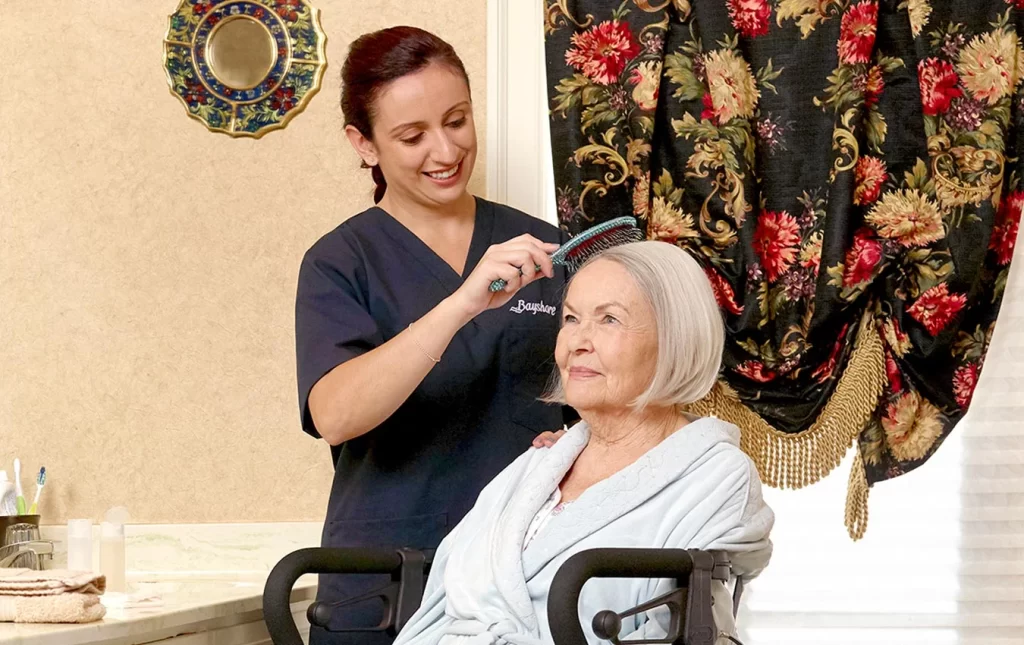
Caring For Alzheimer's Patient
Those who care for Alzheimer’s patients face a shifting, fluid situation that can change radically from one day to the next. As the care subject’s disease worsens, so does the danger to the patient and the difficulty for the caregiver, who must stay constantly alert and prepared to act at a moment’s notice.
It’s important to try and communicate, but even that can be challenging as the condition worsens. Alzheimer’s symptoms include difficulty understanding directions, impaired memory and decision-making ability, and a reduced sense of balance. It takes a great deal of patience, anticipation, and careful preparation to minimize the possibility of an accident and injury. Above all, be ready to adapt your safety arrangements as the care recipient’s needs change, which they probably will.
Surroundings and behavior
Sometimes, an Alzheimer’s patient’s immediate surroundings have a direct effect on behavior and may contribute to mood swings and violent outbursts. Frustration and depressed behavior can be modified simply by getting up and moving to another room or by taking a walk outside in the fresh air. Remember that each room should be as free of clutter as possible to prevent tripping or falling. Be careful to block off any stairways with safety gates and make sure railings are installed.


Negative stimuli
Individuals who suffer from severe dementia may be negatively affected by violent or frightening television programs. Try turning off the TV and limiting your loved one to programming that’s less likely to cause agitation. Determine what triggers negative reactions, such as too much external stimulation or being in space that’s too hot or cold. And be prepared for the frustration that’s often caused by their inability to articulate feelings or explain the source of their anger.
Bathing
Alzheimer’s patients can become frustrated when they have problems bathing or using the toilet. Try to schedule a consistent routine in which you and your loved one go through the bathing routine at the same time every day. Have all the objects needed on hand so it isn’t necessary to disrupt the process. Water temperature can easily agitate an Alzheimer’s patient, so try to make sure each bath or shower is at roughly the same temperature each time. If possible, mark the water faucets “Hot” or “Cold” to help prompt your loved one. Don’t forget that each bathroom should include grab bars alongside the bathtub and toilet.


With love and patience
Alzheimer’s disease affects about 5.4 million Americans, about 5.2 million of which are 65 and older. It can be your grandparent, your cousin, your sibling, or even your parent who faces the diagnosis. Those who accept the demanding job of caregiver with love and patience can make a real difference in their loved one’s quality of life.
